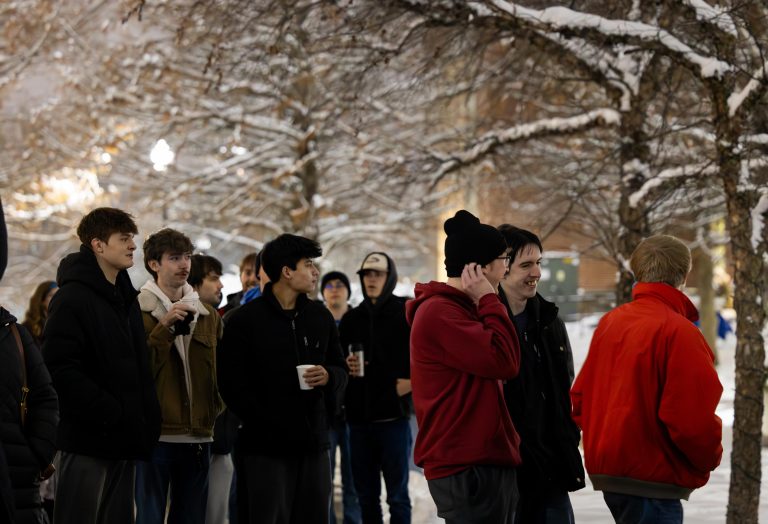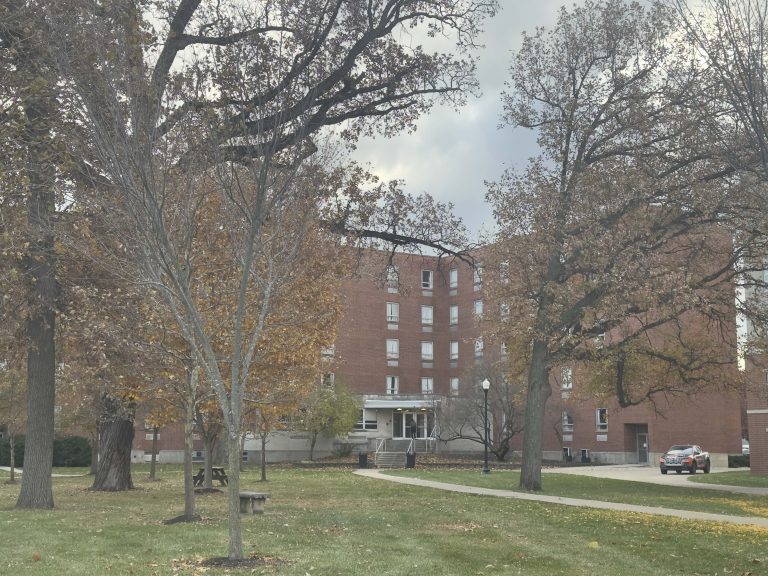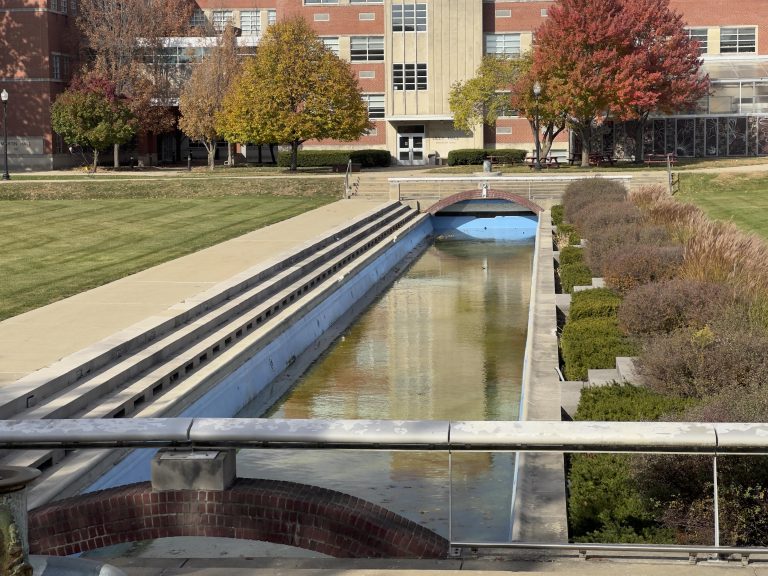
After Hurricane Maria hit Puerto Rico on Sept. 20, the students and faculty of the University of Indianapolis jumped on the opportunity to assist in relief efforts. Assistant Professor of Global Languages and Cross Cultural Studies Eduard Arriaga as well as the Student Organization of Latinos held events and raised funds for Puerto Rico and other parts of the world affected by hurricanes and natural disaster.
On Nov. 1, Arriaga held the Mapathon of Puerto Rico event, where students and faculty were able to assist in the relief efforts first hand. A mapathon is a group event held to edit OpenStreetMaps and is often held during times of natural disaster and crisis to assist those on the ground in their relief efforts.
OpenStreetMaps is a public mapping system that is built by a team of mappers to maintain up-to-date data about roads, trails, railroad systems and other transportation methods and amenities. The mappers include geographic information system professionals, engineers, and in this case, humanitarians interested in mapping disaster areas. The maps are able to be accessed for free on multiple different devices such as computers, cell phones and tablets.
According to Arriaga, this group of humanitarians working with maps and other digital relief efforts is called digital humanitarians. This field is often a big part of the work in mapathons and OpenStreetMaps. He said that digital humanities is where humanitarians apply digital skills and computation tools and methods to assist in a crisis.
“The mapathon is an initiative which is humanitarian activity to help different people in different situations in crisis,” Arriaga said. “For instance, after hurricanes, or earthquakes or any other crisis people around a platform called OpenStreetMaps get together and do a sort of crowdsourcing map and try to map areas which the crisis took place.”
Arriaga said even though many relief groups help first hand with natural disasters, there are many important roles that those who cannot be on the grounds can take part in.
“Sometimes [the American] Red Cross or other agencies try to get to the place but they don’t have the actual maps or the maps that are updated,” Arriaga said. “What you can do is update the maps on a real time base—and images—and create a database that they can use so that they are going to be able to use the information you enter from your place. They are going to be able to use it [the information] on the ground.”
Arriaga said that anyone can get involved in relief efforts, even miles away from the scene. Mapathons are one way to do this and assist those on the field so that they have up to date knowledge of the unfamiliar area around them.
A few students from SOL donated their time to hurricane relief efforts as well. Freshman music performance major Sofia Wust lead much of the efforts through performance and fundraising. Wust sang at the annual Celebration of Flags ceremony as a way to raise awareness and funds for hurricane victims.
“We ended up raising a little bit under $200, which does not sound like a lot but we did it in very short notice,” Wust said.
Wust said that other members of SOL also held a booth where they interacted with students and faculty using games and activities to raise awareness for the hurricane. According to Wust, the group not only hopes to raise awareness for hurricane relief on Puerto Rico, but other parts of the world that need assistance.
“We are trying to create awareness of the outside world that is in crisis,” Wust said. “And we are specifically trying to bring attention to Latin American countries.”






